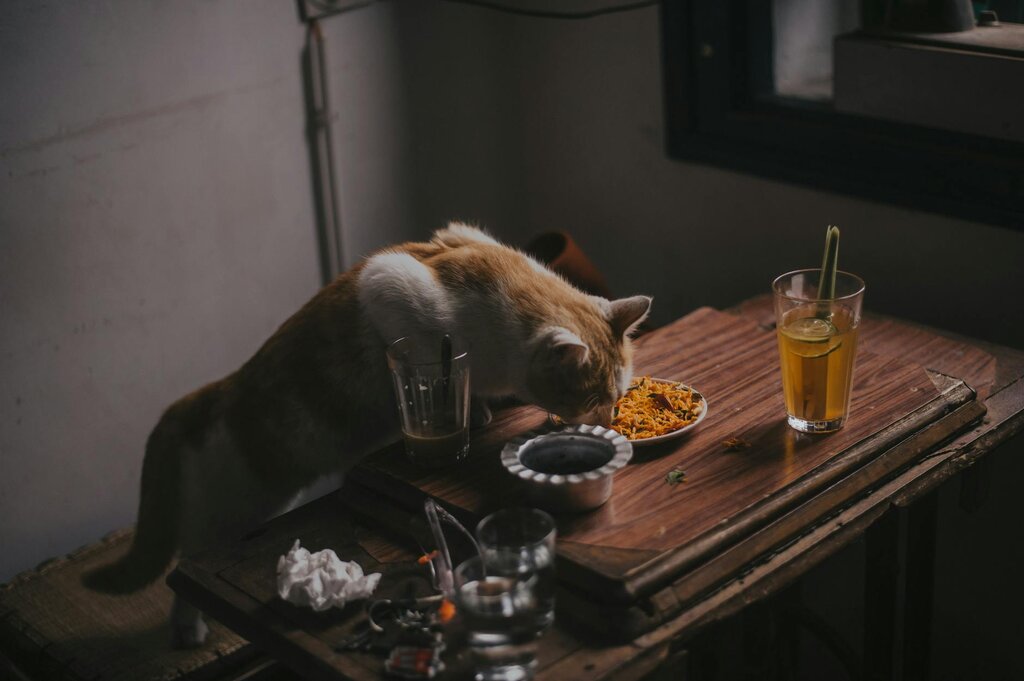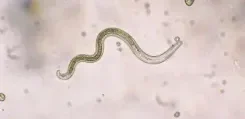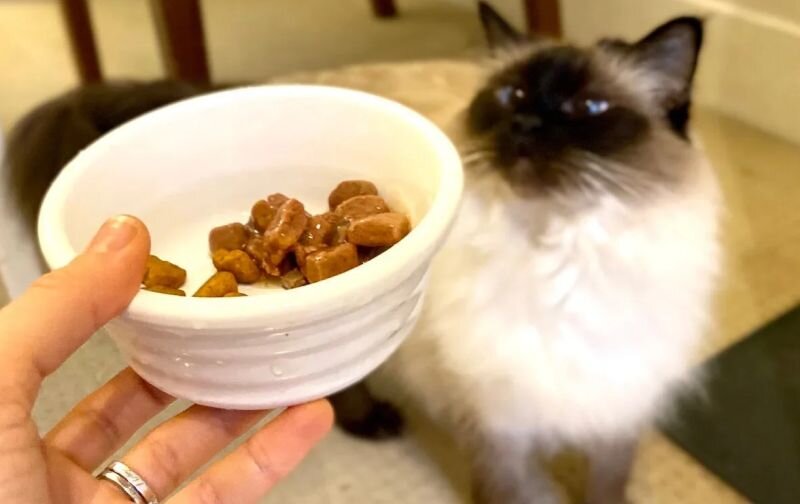Last Updated: 11/06/2025
Causes of Diarrhoea in Cats
Learn about diarrhoea in cats: understanding the causes from diet to disease, and effective treatments to restore your feline friend's digestive health.
Author: Dr Kes Holliday DVM
Reading Time: 17 minutes - medium read
Almost every cat will experience diarrhoea at some point in their lives, and the reasons behind it can be incredibly varied. From simple dietary indiscretions to more serious underlying health conditions, figuring out the cause can sometimes be a puzzle.
For many cats, an episode of acute diarrhoea will resolve on its own within a few days without any specific treatment. Their digestive system simply gets back on track. However, it's crucial to pay attention if the diarrhoea persists. If it continues for more than a couple of days, or if your cat is showing other symptoms like lethargy, vomiting, or a decreased appetite, it's strongly recommended to contact your veterinarian, as persistent diarrhoea can cause weight loss, dehydration and/or electrolyte imbalances.
When to seek veterinary attention:
You should seek immediate veterinary attention if:
- The loose stool has persisted for more than 2 days
- The stool is watery
- There is any blood or mucus in the stool
- Your cat is lethargic, off their food, or vomiting
- Your cat is not drinking normally
- Your cat is a kitten or elderly
Causes of Diarrhoea in Cats

1. Dietary Changes
A sudden change in diet (such as introduction of a new food) can cause mild diarrhoea. This should settle down as your cat's intestines adapt to the new type of food. When introducing your cat to a new diet it is best to do so slowly to try and minimise any such problems.
Read our article How to Transition to a New Pet Food for some more tips.
An upset tummy due to a sudden diet change can also be seen with cats that go outdoors and hunt or scavenge, as spoiled food can cause diarrhoea.
2. Infectious Causes of Diarrhoea in Cats
Infections may be caused by viruses, bacteria, or other nasty pathogens. Viral causes of diarrhoea in cats include Feline Panleucopenia Virus, Calicivirus, Feline Leukaemia Virus or Feline Infectious Peritonitis. Some of these diseases are preventable, so ensure your cat is up to date with their required vaccinations. Bacteria (such as Salmonella) are another potential cause of infectious diarrhoea in cats.
If the cause is infectious, you're more likely to see the diarrhoea in other cats within your household - particularly in younger cats and kittens.
3. Parasitic Causes of Diarrhoea in Cats

Intestinal parasites like intestinal worms (hookworms and roundworms), Tritrichomonas and Giardia will all cause diarrhoea. Cats can pick up these parasites from eating contaminated meat, drinking contaminated water, as well as coming into contact with infected animals or their faeces.
Ensure your cat is treated for parasites regularly, especially if they go outdoors. Many products offer protection from both fleas and most worms, such as Nexgard Spectra, Revolution Plus and Advocate.
Read more about feline parasite preventatives, and see a complete product comparison table, in our article Cat Guide to Parasite Preventatives in Australia.
Recommended intestinal wormers for Cats
4. Food Allergy or Intolerance
Food allergies can occur when cats develop an allergy to something present in their diet. This is most commonly a protein such as chicken, beef, dairy, fish, lamb, gluten and egg. You may see other symptoms such as itchy skin or vomiting.
If you suspect that your cat may have a food allergy, consult your veterinarian. They may recommend a dietary trial using an elimination diet which is specifically formulated to be hypoallergenic. If the diarrhoea resolves during the feeding trial, it may indicate a food intolerance which usually requires a special dietary formulation to be fed long term.
Your veterinarian may recommend either a novel protein diet or a hydrolysed protein diet to be fed for at least 6 weeks exclusively.
Hydrolysed Diets for cats
Hydrolysed diets are those where the protein source has been broken down into smaller pieces that cannot bind allergy receptors on your cat's immune cells. Our Vets recommend the diets below.
Top Novel Protein Diets for cats
There a wide range of novel protein diets available for cats. Our Vets recommend the diets below.
5. Inflammatory bowel disease
Inflammatory Bowel Disease (IBD) is a common cause of chronic diarrhoea in cats resulting from inflammation in the intestinal wall. This condition can only be diagnosed definitely by taking a biopsy from the intestinal wall and submitting to a laboratory. In some cases, your veterinarian may diagnose IBD on a basis of exclusion and response to diet.
If your cat has been diagnosed with IBD, a hypoallergenic diet or diet specifically formulated for sensitive stomachs can help with management. These include: Royal Canin Digestive Care, Hills Science Sensitive Stomach and Skin and Hills Prescription Gastrointestinal Biome. These diets are designed to be highly digestible and have additional prebiotics (fibre) to support the intestinal microbiome.
6. Intestinal Tumours
Intestinal tumours are more common in older cats and common forms include lymphoma and adenocarcinoma. Tumours can either interfere with absorption of food, or partially obstruct the intestine, both of which will result in diarrhoea. These cancers are diagnosed by your veterinarian via ultrasound, xrays, and an intestinal biopsy.
7. Systemic Disease
Systemic diseases such as hyperthyroidism, liver and kidney disease can all cause diarrhoea as a symptom. In any case of persistent diarrhoea, ensure you consult your veterinarian and seek emergency treatment if your cat appears unwell.
How to Treat Diarrhoea in Cats

The treatment for diarrhoea in cats will depend on the underlying cause. While research is generally limited into the proven positive effect of probiotics and gastrointestinal supplements for cats, many cat owners report anecdotally that their kitty's loose stool improves with the introduction of a probiotic.
Read more about probiotics, prebiotics, and the role of the gastrointestinal microbiome in Dr. Teagan's article Improve Pet GI Health Using The Microbiome.
Probiotics for Cats
The products below contain either probiotics such as Lactobacillus and Bifidobacterium, or a combination of probiotics and prebiotics to help to reduce diarrhoea and gas, restore the balance of microbes in the gut and support the immune system response.
For more information, take a read through our guide to the Best Probiotics for Cats.
Further Reading
Want to read more? Check out our other articles:
History
Our experts continually monitor the health and wellness space and we update our articles when new information becomes available.
25 Mar 2025
Edited by Dr Carla Paszkowski BVSc (Hons)Dr Kes Holliday DVM
Veterinarian
Dr. Kes graduated from the University of Melbourne in 2014 with a Doctor of Veterinary Medicine and has worked at small animal clinics in rural Victoria and Melbourne. Dr Kes also worked as an export veterinarian for a pet transport company, helping to move dogs and cats across the world! Her fields of interest include animal behaviour, fish and veterinary public health.

